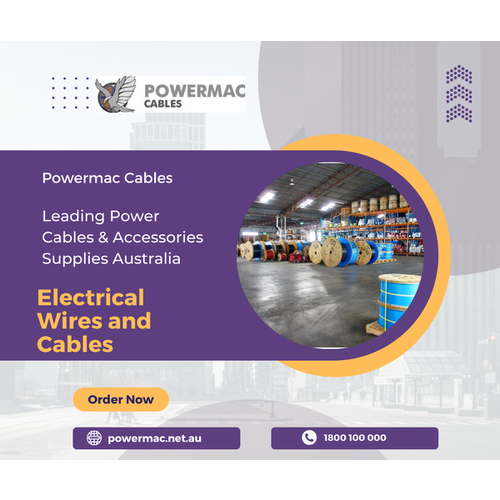11 Common Tips to Ensure Electrical Safety At Your Home, Office or Industry

Electricity has got its presence almost everywhere in the world. You can't think of an area where we don’t need electricity. It has been serving mankind like no other. However, it has to be handled carefully to prevent shocks and at times claims life and property if managed poorly. To avoid electrical hazards every establishment must follow safety precautions.
To attain electrical safety at larger establishments need trained electricians with specific forms of work practice and to be cautious when using portable electrical equipment. Electrical safety can be ensured by detecting electrical hazards, having awareness of appropriate work practices, and defense against electrical hazards. If you don’t know much about electricity, at least be aware of electrical risks and don’t opt for any maintenance.
Here are some of the important tips to attain electrical safety:
Safety precautions are mandatory when dealing with electricity. Protection must not be compromised and it is a requirement to follow certain ground rules first. Follow the tips to prevent any accident caused due to poor handling of electricity:
#1. Residual Current Circuit Breaker with Overcurrent Protection (RCBOs):
Now a common electrical accessory every installation must-have. There are different types of RCBOs but basically, they are designed to ensure efficiency and protection. They are commonly used in applications where there is the need to combine protection against overcurrents (overload and short-circuit) and protection against earth leakage currents. RCBOs help in sensing this kind of fault and trip the circuit ensuring complete protection of the people and connected equipment.
#2. Always turn off the main switch while working on anything electrical. It’s also a good idea to place a sign on the service panel so that no one accidentally switches it back ON.
#3. Water and electricity are never friends. Never work with wet hands to fix any electrical appliances or circuits. It will get you an electric shock if by any chance you are exposed to the conductor.
#4. Never use electrical equipment with a frayed cord or faulty insulations. Always obey the safety rules provided by the user manual while operating any electrical device for maximum safety.
#5. Use latex gloves and eye protection while working with any electrical cables and circuits carrying current.
#6. Avoid using an aluminum or steel ladder while operating at the height as they conduct electricity. Instead use a ladder made of non-conductive materials such as bamboo, wooden, fiberglass, etc.
#7. While working with electrical wires, make sure first to verify if it is hot. Use a tester to ensure there is no electricity in the cable, circuit, or device you are to work with or that needs maintenance.
#8. Ensure that all risk assessment is done properly. The purpose of the risk step is to determine any risks as well as serious damage that may occur. The type of electrical equipment used, how it is used and the environment in which it is used should be considered while doing this process.
#9. Set up a protocol for switching the machines, computers, and other electrical equipment. It is an important protocol to ensure no accessories are left alone when they are active.
#10. Make sure you get the right type of adapter and never overload it. This will prevent the power outlets from overheating and catching fire.
#11. Using proper safety signs warns the user and alerts them to handle it with proper caution. This is often overlooked in many places but it has its own importance to prevent something unexpected. Alert and hazard signs should be placed next to the equipment, not just for the protection of staff, but also for the visitors and this helps in a great way in avoiding any injury.
Moreover getting all your electrical wires and cables of the highest quality is important as most electrical accidents happen because of poor quality and overloaded conductors. You might find many wires and cable suppliers near you but selecting one for your next big project is often confusing. If you are planning for an electrical installation in Australia, Powermac Cables can be your best choice. With over 60 years of collective experience, we supply varieties of electrical cables and other accessories across the continent of Australia.
